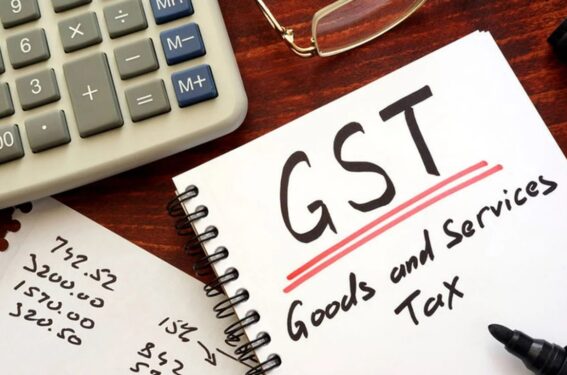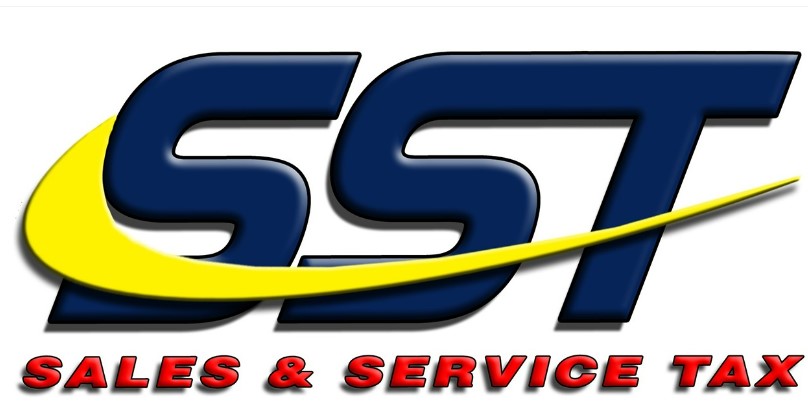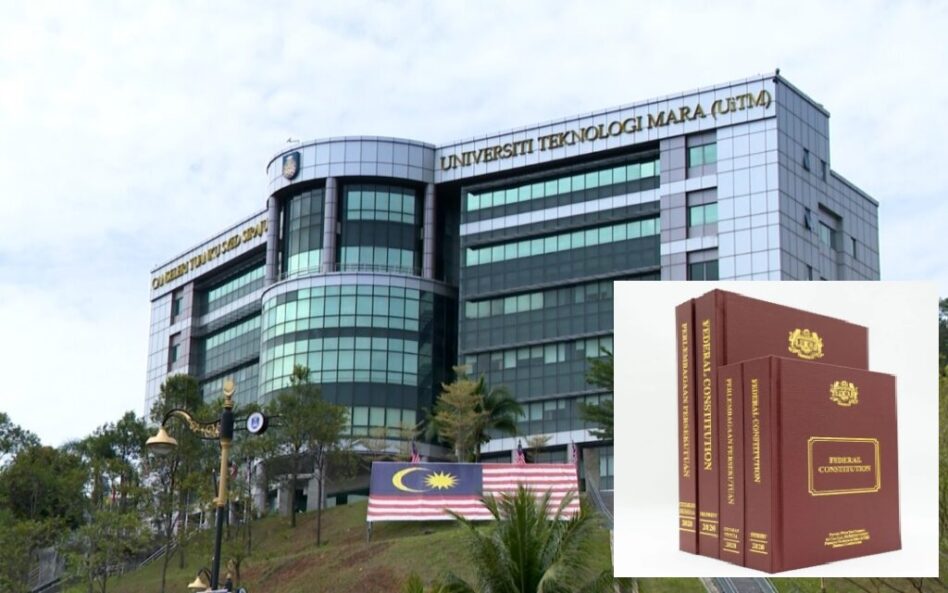THE Finance Minister got the “not-so-good” news out of the way at the start of his Budget 2024 speech by sharing the measures intended to improve Malaysia’s revenue collection.
The announcements relating to the introduction of Capital Gains Tax on disposal of unlisted shares by Malaysian companies at the rate of 10% with effect from March 1 and the introduction of the Luxury Goods Tax at the rate of 5% to 10% do not come as a surprise as these have been shared in the re-tabled Budget 2023 earlier this year.
The announcement to increase the service tax rate from 6% to 8% appears to be a stop-gap measure until the government is ready to implement a broad-based consumption tax in the form of the goods and services tax (GST).

Although the strategy to maintain the rate of service tax for food & beverage as well as telecommunications services is prudent as these are consumed by the masses, some of the other services consumed by businesses will result in an increase in the cost of doing business.
Also, expanding the service tax to cover logistics services will have a cascading effect on costs and businesses will seek to pass these on to consumers in the form of increase in prices of goods and services.
Global Minimum Tax
Malaysia remains committed to fulfilling its obligations under the Global Anti-Base Erosion Model Rules (Pillar Two). The decision to defer implementation is consistent with the move taken by many jurisdictions in the region, including Singapore and Thailand.
Insert Jadgdev Singh
This is a prudent move as we want to remain on the same footing as our neighbours competing for foreign investments.
In line with global developments on Pillar 2 and the need to increase Malaysia’s competitiveness in the region, it is timely that Budget 2024 announces a revamped incentive system in the form of a tiered results-based system which incentivises investors based on their contributions to the nation.

A tiered-rate approach based on set outcomes also aligns broadly with carve-outs permitted under Pillar 2 rules, thus reducing potential impact of top-up taxes on multinationals.
A good example of the outcome-based approach is the services hub incentive that provides a tiered rate of 5% or 10% based on outcomes achieved such as employment of high-value full-time employees, collaboration with higher education institutions or environmental, social and governance (ESG) elements.
Budget 2024 also recognises that tax incentives is but one of many factors assessed by foreign investors, and the eventual implementation of the Global Minimum Tax (GMT) may level the playing field when it comes to tax incentives.
The commitment to introduce measures to enhance ease of doing business, invest into human capital development and industrial infrastructure is necessary to gain a competitive advantage amidst an increasingly competitive environment.
Is e-invoicing really a go in 2024?
The definitive answer to the question above is “yes”. Although the Finance Minister announced the deferment of the first phase implementation (for businesses with annual revenue exceeding RM100 mil) from June 1, 2024 to Aug 1, 2024, the fact that this extension of time is a two-month extension, reaffirms the government’s commitment to ensuring implementation of e-invoicing in 2024.
With a runway of less than 10 months, it is important for businesses to start evaluating their e-invoicing implementation strategy.
While consumption tax such as GST is seen to be regressive, its approach of being broad- based achieves many other objectives besides being revenue accretive.
Implementing GST with a targeted cash transfer programme allows for the specific groups such as the B40 to be effectively sheltered from potential increases in costs of living.
The Finance Minister did focus on addressing leakages and the need for the right amount of taxes to be paid. There are a number of measures already in place such as e-invoicing and Tax Identification Number (TIN) but there is certainly a need to consolidate the gathering of data relating to direct taxes and indirect taxes in order to improve the level of compliance. – Oct 14, 2023
Jagdev Singh is PwC Malaysia’s tax leader.
The views expressed are solely of the author and do not necessarily reflect those of Focus Malaysia.










